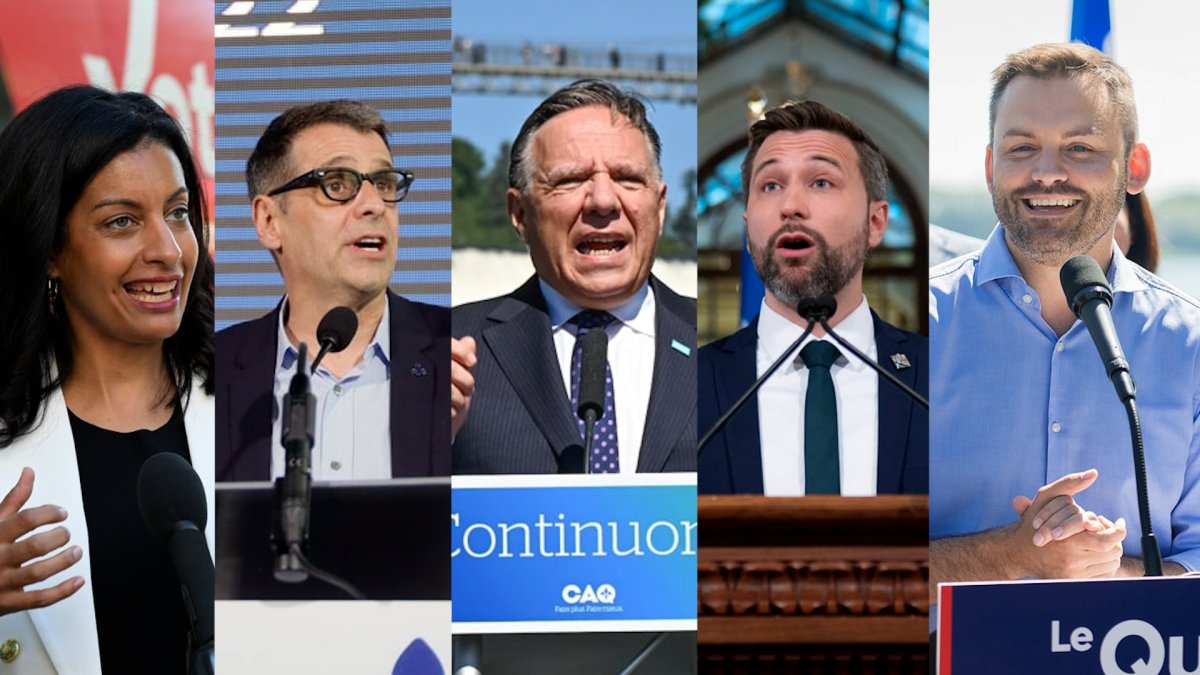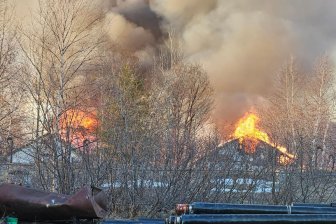Quebecers headed to the polls Monday after a five-week provincial election campaign dominated by issues such as immigration, the environment and the rising cost of living.

Opinion polls have suggested Coalition Avenir Québec Leader François Legault is poised to cruise to a second majority, with support more than 20 percentage points higher than that of his closest rival.
Legault is facing off against a crowded field including the Quebec Liberals, Quebec solidaire, the Parti Québécois and the Quebec Conservative Party, all of which are polling in the teens.
The party leaders spent the weekend criss-crossing the province to make a final pitch to undecided voters and ensure their party’s supporters make it out to vote in the general election.
Legault voted in advance polls last week, while the remaining party leaders cast their ballots Monday and will wait for the results after polls close at 8 p.m.
The CAQ leader spoke to a group of supporters at his party’s local headquarters in Quebec City Monday, going beyond the standard message to get out the vote. Legault spoke of his priorities if elected to a second mandate and referred to moments in the campaign when the issues of immigration and defence of the French language came to the fore.
PQ Leader Paul St-Pierre Plamondon made an appeal for people to vote after casting his own ballot in the Montreal riding of Camille-Laurin. “It’s a fundamental value to express oneself through voting,” he said. “It’s rare, once every four years, it’s not a lot.”
Dominique Anglade made a similar pitch as she voted in her Montreal riding of Saint-Henri-Sainte-Anne, where analysts are predicting a tight race. “We have each delivered our campaign, but now its Quebecers’ turn to be heard,” she said.
Gabriel Nadeau-Dubois, co-spokesperson of Québec solidaire, voted in the Montreal riding of Gouin while Conservative Leader Éric Duhaime voted in Chauveau, north of Quebec City. “I hope that turnout today is going to be very high,” said Duhaime, who is hoping for a breakthrough after the Conservatives won less than two per cent of the popular vote in 2018.
As the legislature broke for the summer, the CAQ had 76 seats, while the Liberals had 27, Québec solidaire had 10 and the Parti Québécois had seven. The Conservative Party of Quebec held one seat and there were four Independents.
Legault’s win in the 2018 provincial election marked the start of a new era in Quebec politics after nearly 50 years of federalist-versus-separatist two-party rule.
This time around, Legault is the incumbent and is offering continuity rather than change.
With the campaign slogan “Continue!,” the Coalition Avenir Québec leader has promised to cut taxes, increase seniors benefits and fight the rising cost of living. But Legault has faced criticism over controversial comments on immigration, as well as accusations from his rivals that he’s not sufficiently concerned with climate change.
Experts say that while anything but a Legault victory would be a surprise, there’s still plenty to watch on election night. That includes the fate of the once-dominant Quebec Liberals and the Parti Québécois, who are fighting to maintain support in ridings they once considered strongholds. Québec solidaire is hoping to translate its popularity with young voters into an increased seat count.
With tight two- and three-way races in several ridings, voter turnout could prove crucial. Turnout for Quebec’s last provincial election in 2018 was 66.45 per cent, a drop of nearly five percentage points from the previous election.






Comments